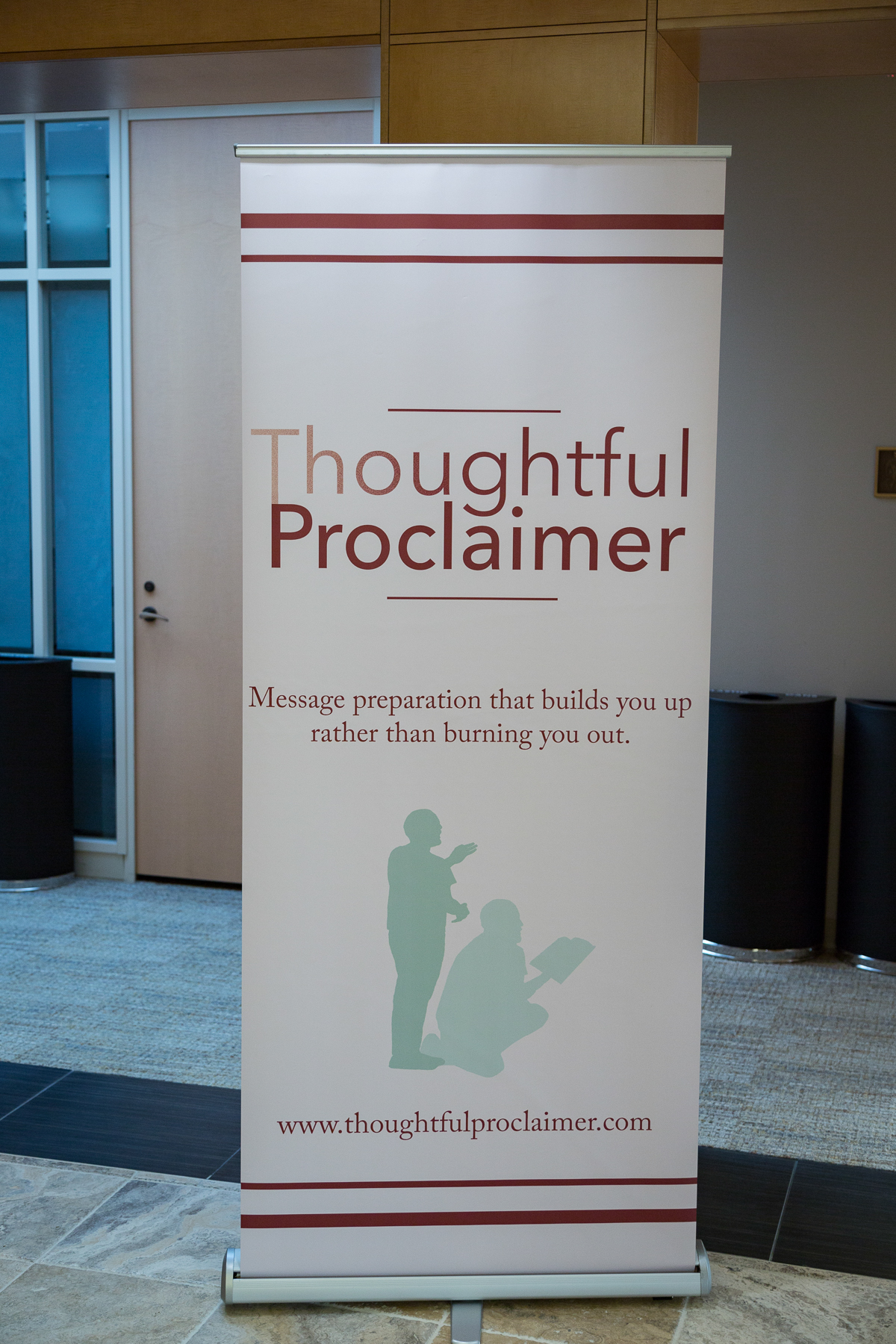UNSEEN
Usually, if you can’t see it, it’s not there. Unless you believe in God and then you know that there is a lot going on that you can’t see, which is, quite frankly, a little scary. As often as we remind ourselves that God is at work in unseen ways, it seems a little iffy. What if we could see the network that the Holy Spirit has built, the interconnections that are going on? John 3:8 Talk about six degrees of separation, I bet there isn’t even one degree of separation if we could only see as God does. We are all connected in the supernatural realm. How fun when we meet someone and find how connected we are.* Take my husband for instance. 40 years ago I had never heard of him though our circles of family and friends were actually overlapping. But God had and the Spirit moved in meticulous, imperceptible ways to bring us together, all orchestrated with the perfect timing of the master conductor of the world.
This morning as I drank my coffee outside, I could see all sorts of invisible little strings, links from one thing to another. The tiny threads had been there for days, but I had not been able to see them. Somehow, just the way the sun was shining and the wind was blowing made them suddenly detectible. The more I looked the more of them I found. The links from place to place shimmered all around me, from one flower to a chair to the bush to the bird feeder to the rose. There they were, suddenly visible where I had seen nothing yesterday. I hate to call them cobwebs, but that is exactly what they were. Tiny filaments tracing the path of an insect that had jumped from the top of the umbrella down to the table and left a bit of himself in a cord to show that yes, he had been there. Very thin, but long fibers placed from here to there, heretofore unseen though they had been there all along. No move of the spider was left unrecorded and no space left unfilled. A maze of invisible connections that suddenly appeared to show what had been going on all summer behind the scenes practically under my very nose but completely unbeknownst to me.
It reminded me of the way the Holy Spirit works, blowing here and there, sometimes spinning webs for purposes unknown to me now. Other times the Spirit leaves a shimmering trail that I can only see in hindsight and if I’m very still and quiet, allowing the light of the Son and the breath of the Spirit to bring the unseen into focus. I can see a bit of the unseen if I wait prayerfully and watch for that breeze to gently blow and expose the handiwork of God.
It reminded me of a story in 2 Chronicles 20:1-30 where King Jehoshaphat was afraid for his people because a great enemy army was gathering to attack. 2 Chron. 20:1-3 But Jehoshaphat “set his face to seek the LORD” and he proclaimed a great fast and all of the people, the parents and the children gathered. 2 Chron. 20:4-6 They remembered how God had saved them in the past. They remembered how he promised that if they cried out to him he would hear. They knew they were powerless and told Yahweh that all their eyes were on Him to see what he would do. 2 Chron. 20:7-12 Then the Holy Spirit spoke to them through a man of God and told them not to be afraid, because the battle was God’s and not theirs. 2 Chron. 20:13-17
The assembly of people bowed and worshipped the Lord. Early in the morning they all went to hide in safety in the wilderness. They believed in the Lord their God and worshipped and sang, “Give thanks to the LORD for his steadfast love endures forever.” They waited to see what God would do. 2 Chron. 20:18-21 As they sang, the LORD set an ambush against the army that had come to attack them. God built an invisible web in which to catch their enemies! In the confusion of battle the enemies from one country attacked the enemies from another and in the end the armies all killed each other. And when the people of God looked out from their watchtower in the wilderness toward the site of the battle, they could see nothing but their foes lying dead on the ground, every one of them. 2 Chron. 20:22-24
Well it is one thing to hear about the mighty acts of God but can we trust that the God who acted in the day of Jehoshaphat is still acting on our behalf today? Does he still save?
Jesus’ disciple Philip had his doubts. He told Jesus that if Jesus would make God the Father visible to him then he could believe. Jesus seems shocked at Philip. Didn’t Philip know that If he had seen Jesus he had seen with God. Jesus reminded Philip of the miracles he had done in plain sight, at least Philip should believe because of them. John 14:8-11 But then, Philip, who I think had trouble seeing the unseen, seeing the invisible strings that moved the world, heard something even more amazing. Jesus said, “Really, truly, I’m telling you, that whoever believes in me will also do miracles like I did. In fact, greater works then I did because I’m going to be in heaven with the Father. Whatever you ask God in my name, I will do it so that God the Father is glorified through me.” John 14:12-14.
The promise Jesus gives us is that though the rest of the world will not be able to see him acting, we will be able to see it because Jesus will be living in us. Those who know and believe will be able to see the movement of the Holy Spirit in the world. John 14:15-21
Lord Jesus, help me to see the unseen in the world around me. Help me to be caught up in your web and part of your plan as it leaves a trail from here to there. Help me to count on your power to do the impossible that you would be glorified.
*(Six degrees of separation refers to the idea that everyone is on average approximately six steps away, by way of introduction, from any other person on Earth, so that a chain of “a friend of a friend” statements can be made, on average, to connect any two people in










